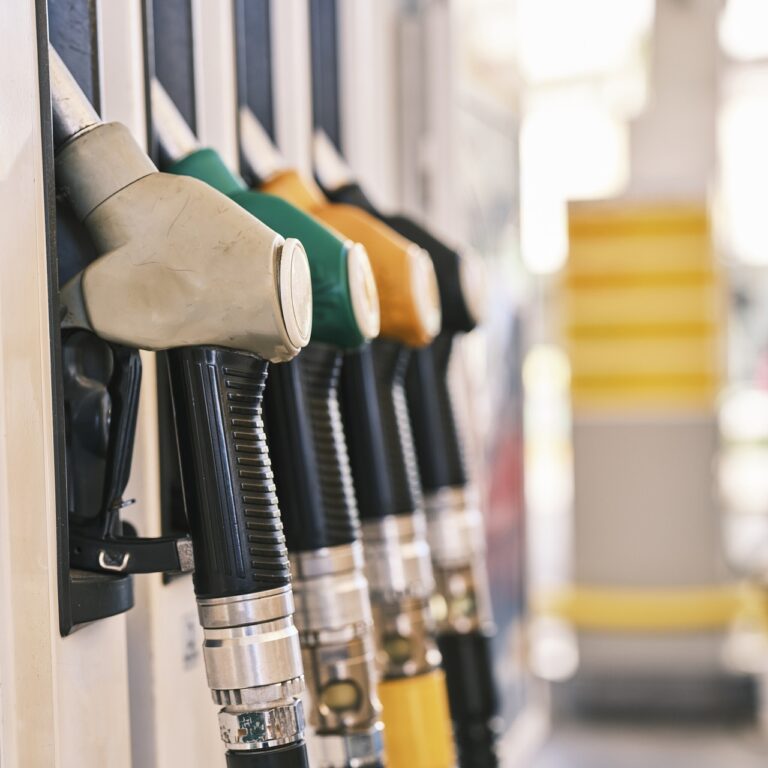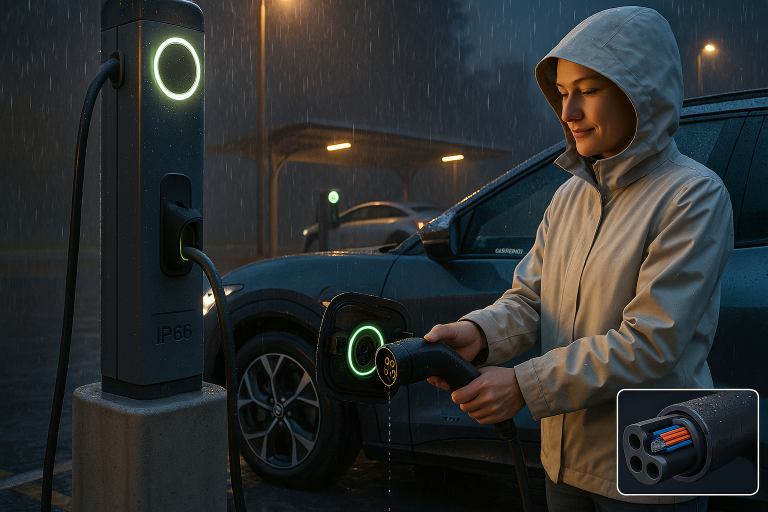Gas Station Secrets Exposed: What Every Driver Needs to Know (But They Won’t Tell You!)
If you’ve ever been curious about the behind-the-scenes world of gas stations, you’re not alone. A Reddit post from a gas station owner promising to reveal “deepest, darkest secrets” sparked a fascinating conversation.
It shed light on everything from gas pricing laws to customer behavior and even the economics of taquitos.

Here’s a deep dive into the truths they revealed and how it affects you every time you fill up.
Why Some States Ban Discounted Gas
One of the surprising revelations was the existence of state laws that ban certain gas discount programs or impose minimum pricing. These regulations, found in states like West Virginia, are meant to ensure fair competition. Without them, larger corporations like Walmart could sell gas at a loss, undercutting local stations until they’re forced to shut down.
For consumers, these laws might seem frustrating—who wouldn’t want cheaper gas? But the broader goal is to maintain a level playing field, supporting locally owned stations that serve as vital businesses in many communities.
What This Means for You
Next time you’re driving through a state with minimum gas pricing laws, remember it’s not just about cost. It’s about keeping independent stations viable and ensuring there are enough options for consumers long-term.
The Walmart Effect on Local Gas Stations
A recurring theme in the Reddit thread was the impact of large retailers like Walmart. These companies often have attached gas stations, such as Murphy Oil, that can afford to offer gas at extremely low prices—sometimes undercutting the competition by as much as $0.35 per gallon.
How is this possible? Big-box retailers view their gas stations as loss leaders, which means they’re willing to sell gas at a loss to drive traffic to their stores. This strategy works wonders for attracting customers but can devastate nearby locally owned stations.
Survival Tactics of Local Stations
In response, local gas stations often innovate by focusing on exceptional customer service, loyalty programs, or offering specialty items in their convenience stores. These small, personalized touches can create loyal customers who value more than just the lowest price.
Is Discount Gas Really Lower Quality?
A hotly debated topic in the thread was whether cheaper gas is of lower quality. Some commenters swore that their cars performed better on fuel from premium brands like BP or Shell, citing smoother rides and better mileage.
The truth? All gas sold in the U.S. must meet federal standards, so you won’t damage your engine by filling up at a discount retailer. However, premium brands often include additional additives and detergents that may benefit your engine over time, keeping it cleaner and potentially improving performance.
When Does Premium Gas Matter?
If you drive a high-performance vehicle, your car might require premium fuel with a higher octane rating. For the average vehicle, though, the difference between discount gas and premium fuel may not be noticeable. It all depends on your car’s requirements and driving habits.
Where Do Gas Station Profits Actually Come From?
Here’s a surprising fact: gas stations make only a few cents of profit per gallon of fuel sold. The real money comes from inside the store. Those snacks, drinks, and hot food items like taquitos (a Reddit favorite) are the lifeblood of the gas station business.
The Convenience Store Formula
Convenience stores are carefully designed to encourage impulse purchases. From the placement of candy near the checkout to the smell of fresh coffee wafting through the aisles, everything is crafted to make you buy more. The margins on these items are significantly higher than fuel, which explains why gas station owners put so much effort into their convenience offerings.
Why Gas Prices Seem So Unpredictable
If you’ve ever wondered why gas prices fluctuate so much, you’re not alone. Gas pricing is influenced by a web of factors:
- Crude Oil Prices: The cost of raw oil heavily impacts gas prices.
- Refining Costs: Turning crude oil into gasoline adds expenses.
- Distribution Fees: Shipping gasoline to stations is not cheap, especially in remote areas.
- State and Local Taxes: Taxes can vary widely, adding anywhere from a few cents to over $1 per gallon.
- Global Events: Political instability, natural disasters, or economic crises can all cause prices to spike.
For gas station owners, these variables create a constant challenge. They must stay competitive without sacrificing profitability—a tricky balancing act when profit margins are razor-thin.
The Role of Loyalty Programs
One way stations combat price wars is through loyalty programs. By offering discounts, freebies, or points for purchases, gas stations can encourage repeat business even when their prices aren’t the lowest. Some programs also partner with grocery stores or credit cards, allowing customers to save on gas based on other spending habits.
Gas Station Food: Hidden Gems or Guilty Pleasures?
Gas station food often gets a bad rap, but it’s a huge part of the business. As one Reddit commenter put it, “Speedway’s taquitos have awesome yummyness powers.” Whether it’s freshly brewed coffee, warm donuts, or a quick lunch on the go, these items often turn casual visitors into regular customers.
Fun Fact
Hot dogs and taquitos on those iconic rolling grills aren’t just convenient—they’re highly profitable! Many gas stations see significant revenue from these hot food items, which have a high markup and a devoted fanbase.
Takeaways
The Reddit post gave a rare, unfiltered look into the gas station industry. It’s a world full of quirks, challenges, and surprising complexities. Whether it’s battling giant corporations, managing unpredictable pricing, or perfecting the art of the convenience store, gas station owners juggle far more than meets the eye.
Next time you stop for gas, remember the intricate ecosystem behind every gallon you pump. And don’t forget to grab a taquito—you might be supporting the local station more than you realize!






